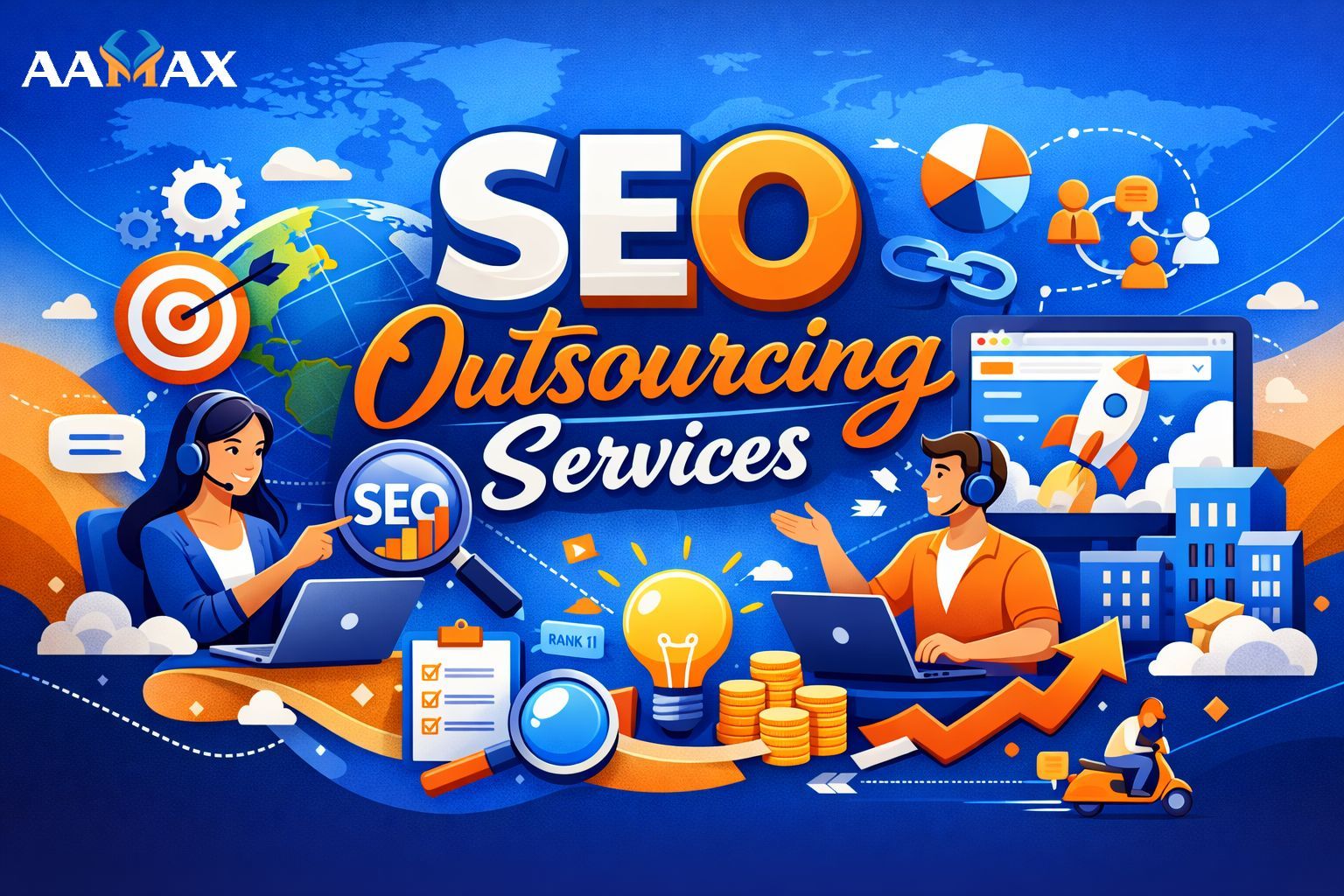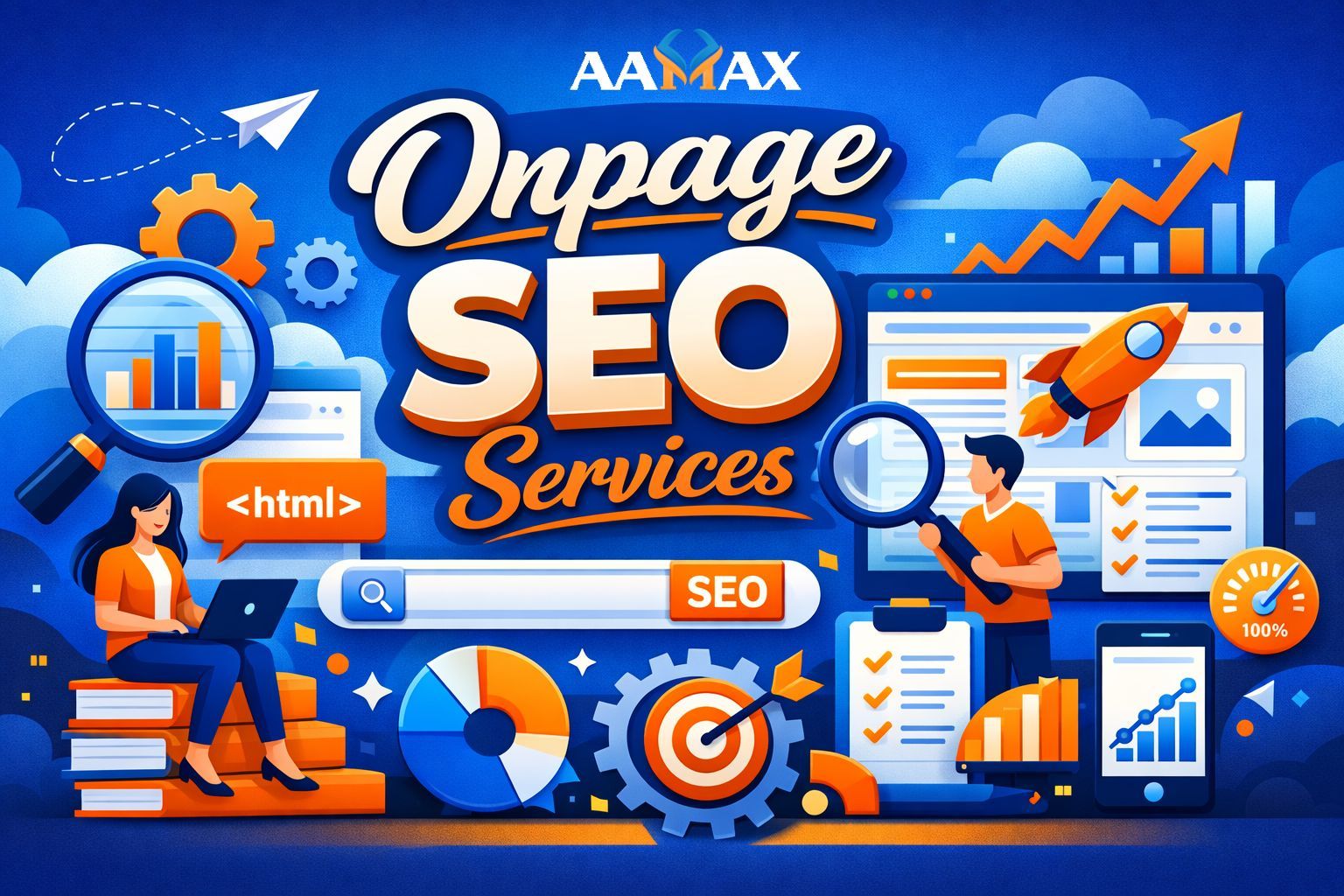
SEO for Consultants: 10 Key Steps for Improving Your SEO
In today’s competitive digital landscape, consultants across industries must not only excel in their areas of expertise but also in how they present themselves online. Whether you're a management consultant, life coach, financial advisor, or digital strategist, having a strong presence in search engine results can make or break your business.
Search Engine Optimization (SEO) is the key to getting found online by your target audience. However, for many consultants, SEO can feel overwhelming, technical, and time-consuming. The good news? With a focused strategy and consistent effort, it’s absolutely achievable.
In this guide, we’ll walk you through 10 essential steps to boost your SEO as a consultant. These are practical, high-impact actions you can start implementing today to attract more visitors, generate more leads, and grow your consulting business.
1. Understand Your Audience and Their Search Intent
Before diving into technical SEO, it's crucial to understand who your target clients are and what they’re searching for online.
Identify Your Ideal Client
Create a detailed profile of your ideal consulting client. Consider factors like:
- Industry and job role
- Pain points and challenges
- What services they're looking for
- What success looks like to them
Match Their Search Intent
Search intent refers to the reason behind a user’s query. Are they:
- Looking for information? (Informational intent)
- Considering options? (Comparative intent)
- Ready to hire a consultant? (Transactional intent)
Your content strategy should match these intents. For example, blog posts answer questions (“how to streamline operations”), while service pages target transactional keywords like “operations consultant near me.”
2. Conduct Thorough Keyword Research
The foundation of any SEO strategy lies in choosing the right keywords. This step ensures you're targeting phrases your potential clients are actively searching for.
Tools to Use
- Google Keyword Planner
- Ahrefs
- SEMrush
- Ubersuggest
How to Choose the Right Keywords
- Relevance: Make sure keywords match the services you provide.
- Search Volume: Prioritize keywords with a healthy amount of monthly searches.
- Difficulty: Target low to medium competition terms, especially if your site is new.
- Intent Alignment: Map keywords to user intent at different funnel stages.
Use long-tail keywords like “small business marketing consultant Chicago” to rank faster and attract more qualified traffic.
3. Optimize Your Website’s On-Page SEO
On-page SEO involves optimizing individual pages on your site so they rank higher and earn more relevant traffic from search engines.
Elements to Focus On:
- Title Tags: Include the main keyword near the beginning.
- Meta Descriptions: Write persuasive summaries to increase click-through rates.
- Header Tags (H1-H6): Structure content for easy reading and keyword emphasis.
- URL Structure: Keep URLs short, descriptive, and keyword-rich.
- Image Optimization: Use descriptive alt text and compressed file sizes.
- Internal Linking: Link between relevant pages to boost crawlability and engagement.
Each page should target a primary keyword and offer real value to the visitor.
4. Develop High-Quality, Value-Packed Content
Google rewards websites that provide useful, relevant, and original content. As a consultant, this is where you can shine.
Types of Content That Work
- Educational Blog Posts: Answer common client questions.
- Case Studies: Showcase how you've solved real-world problems.
- Whitepapers and Guides: Offer in-depth insights in exchange for email signups.
- Videos and Webinars: Engage and educate visually.
- FAQs: Help visitors find quick answers.
Aim for content that’s both keyword-optimized and client-focused. Keep your tone professional yet accessible.
5. Build a Fast, Mobile-Friendly Website
Google’s algorithm favors fast-loading, mobile-responsive websites. A sluggish site could sabotage your rankings, even if your content is top-notch.
Technical Factors to Address
- Use a reliable hosting provider.
- Compress images and use lazy loading.
- Minimize CSS and JavaScript files.
- Implement responsive design that adapts to all screen sizes.
- Use HTTPS for secure browsing.
Use tools like Google PageSpeed Insights and GTmetrix to identify and fix performance issues.
6. Leverage Local SEO to Attract Nearby Clients
If your consulting services are tied to a specific region or city, local SEO is critical.
Optimize Your Google Business Profile
- Claim and verify your listing on Google Business Profile.
- Add your services, hours, address, and contact details.
- Upload professional photos and request client reviews.
Include Local Keywords
Incorporate city-specific terms like “marketing consultant in San Diego” in your:
- Homepage
- Service pages
- Meta tags
- Blog content
Add your business to directories like Yelp, Bing Places, and industry-specific sites to boost local visibility.
7. Earn High-Quality Backlinks
Backlinks—links from other websites to yours—signal authority to Google and improve your site’s credibility.
Strategies to Earn Backlinks
- Guest Posting: Write articles for reputable industry blogs.
- PR Outreach: Get featured in local news or trade publications.
- Partnerships: Collaborate with other consultants or firms.
- Content Marketing: Share infographics, stats, or research that others will cite.
Avoid buying backlinks or using link farms—these can result in Google penalties.
8. Monitor Performance and Adjust Accordingly
SEO is not a one-and-done process. You need to track your efforts to see what’s working and what’s not.
Key Metrics to Track
- Organic traffic
- Bounce rate
- Average session duration
- Keyword rankings
- Conversion rates (form fills, email signups, calls)
Tools to Use
- Google Analytics
- Google Search Console
- Ahrefs or SEMrush
Use the data to refine your content, tweak your strategy, and stay ahead of competitors.
9. Create SEO-Optimized Service Pages
Your service pages are often where conversions happen, so it’s critical to structure them effectively for both users and search engines.
What to Include on Service Pages
- Clear and concise service descriptions
- Client pain points and your solutions
- Keyword-rich headings
- Testimonials and case studies
- CTAs (Call to Action) like “Schedule a Free Consultation”
Each service page should target one specific offering. For example, separate pages for “Digital Transformation Consulting” and “Operations Strategy Consulting.”
10. Consider Hiring Experts to Maximize Results
While many consultants manage some SEO tasks on their own, achieving consistent, high-impact results often requires professional help.
That’s where AAMAX comes in. As a full-service digital marketing company, AAMAX specializes in:
- Web Development
- SEO Services
- Digital Marketing Strategy
Their team understands how to elevate consultant brands through tailored SEO plans that drive measurable ROI. Whether you need a complete site overhaul, content strategy, or local SEO help, AAMAX provides end-to-end support.
Final Thoughts: Make SEO a Core Part of Your Growth Strategy
Consulting is a highly relationship-driven business, but without visibility, even the best consultants can struggle to attract new clients. SEO isn’t just a marketing tactic—it’s a long-term growth engine.
By following these 10 steps, you’ll be well on your way to establishing a stronger digital presence, reaching more qualified prospects, and building a thriving consulting practice.
If you’re ready to take your SEO to the next level, don’t hesitate to hire AAMAX—the expert team that helps consultants shine online.
Need Help with SEO?
👉 Contact AAMAX Today to schedule a free consultation and discover how to drive more traffic and leads through search.







